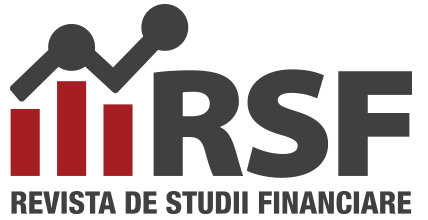Author: Nour Lakiss
Vol. 6 • No. 10 • May 2021
Abstract
This study aims to assess the impact of corporate social responsibility (CSR) on the financial performance (PF) of Romanian companies to provide a practical framework for measuring the performance of companies. The financial performance of the company considered as a dependent variable was established through accounting measures (ROA, ROE, ROIC, EPS), liquidity measure (current ratio), and market-based measure (PBV). Based on a regression analysis, the results showed that CSR positively influences EPS but has no influence on ROA, ROE, ROIC, and PBV. The variable CA/ANG had a negative influence on ROA in the first model, a negative influence on ROE in the first model (where the total number of employees represents the size of the company and the ratio Long-term debt / Equity ratio represents the debt). In addition, CA/ANG had positive in the second model (where the total assets represent the size of the company and the ratio Total debt / Equity represents the debt), a negative influence in the two models of ROIC, and a positive influence on the PBV. Concerning size measures, the total number of employees positively influences ROA and PBV. For debt, the variable DT_CP has a negative influence on ROE and ROIC while the variable DTL_CP positively influences ROIC and negatively the PBV. The two models where liquidity ratio was used as the dependent variable were not statistically validated.
Keywords: Corporate social responsibility, financial performance, accounting‐based measures, market-based measures, regression
JEL Classification: A10, M14.
DOI: 10.55654/JFS.2021.6.10.04
